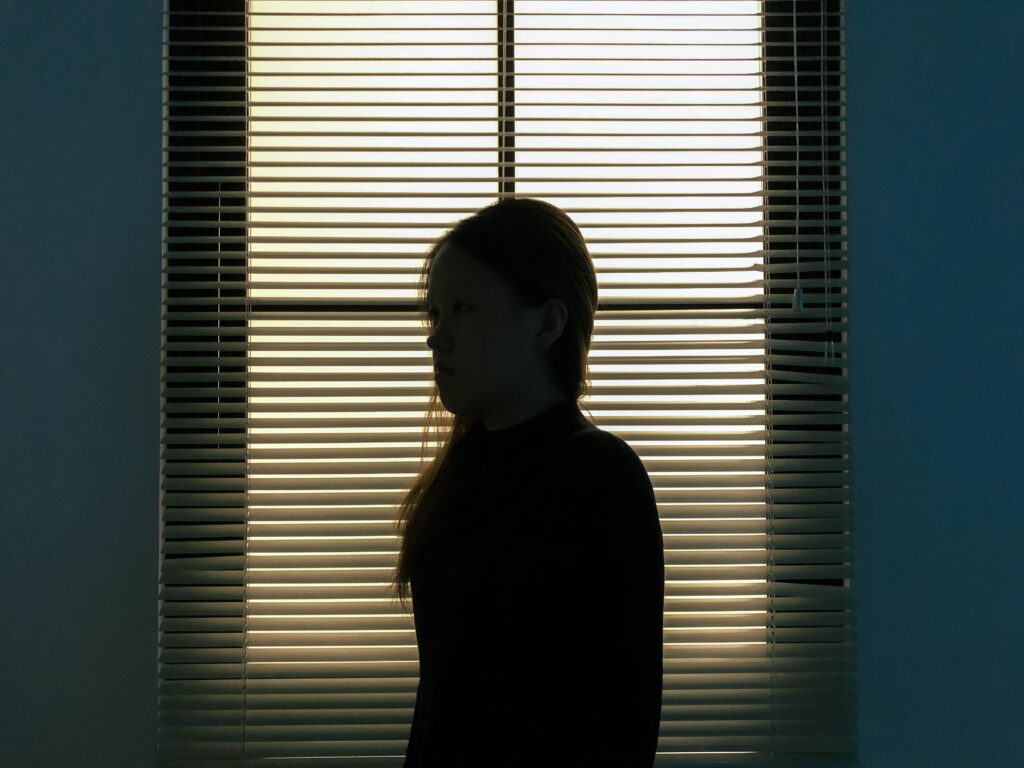 Non-citizen victims of domestic violence can receive permanent residency through the Violence Against Women Act, also known as VAWA. Originally established in 1994, VAWA has helped establish several new protections for victims of domestic violence, as well as create programs to provide housing and assistance to those in need. Despite the name, VAWA does not only apply to women – anyone can take advantage of the program. Those who qualify can file a self-petition for immigrant classification, putting them on the path toward permanent residency and green card status.
Non-citizen victims of domestic violence can receive permanent residency through the Violence Against Women Act, also known as VAWA. Originally established in 1994, VAWA has helped establish several new protections for victims of domestic violence, as well as create programs to provide housing and assistance to those in need. Despite the name, VAWA does not only apply to women – anyone can take advantage of the program. Those who qualify can file a self-petition for immigrant classification, putting them on the path toward permanent residency and green card status.
Requirements for VAWA
In order to apply for self-petition through VAWA, your abuser must be a U.S. citizen or permanent resident. You may apply for a self-petition if your spouse has abused you or your child who is at least 21 years old. If your child is under 21 years old and unmarried, you can include them in your own self-petition. Parents who suffered abuse from their U.S. citizen or permanent resident children may also file a self-petition, as well as children younger than 21 who suffered abuse from a parent.
The abuse suffered can be either physical violence or extreme cruelty, which includes emotional abuse, threats of harm or deportation, controlling behaviors, and other types of threats. You must have also lived with the abuser at some point in time, not necessarily in the U.S. If you’re filing for VAWA from overseas, the abuser must have been an employee of the U.S. government or armed forces.
If the abuser is your spouse or previous spouse, you must also demonstrate that you entered into the relationship in good faith, or that it was a legitimate relationship. In a similar manner to the K visa, the USCIS wants to ensure that this system is not being abused for residency status.
Finally, you’ll need to provide evidence that you are of good moral character. This is a common requirement of permanent residency status. The USCIS will look at your record to find any disqualifying issues, such as prior convictions for serious crimes. You can supply supporting evidence to demonstrate your good moral character, which should always be done when possible. These can include letters of recommendation from organizations you’ve worked with, members of your community, or a letter from yourself that describes your involvement in the community.
For those who were unfortunately impacted by domestic violence, VAWA provides both a path toward safety from their abuser and toward permanent residency. If you or a loved one have suffered abuse from a U.S. citizen or permanent resident, and wish to begin the VAWA petition process, contact RelisLaw at 1-800-514-4290 to schedule your consultation. We also offer consultations via Skype, Zoom, and other platforms.
RelisLaw
Latest posts by RelisLaw (see all)
- Protect Your American Dream: Your Legal Shield in the New Immigration Era - January 23, 2025








